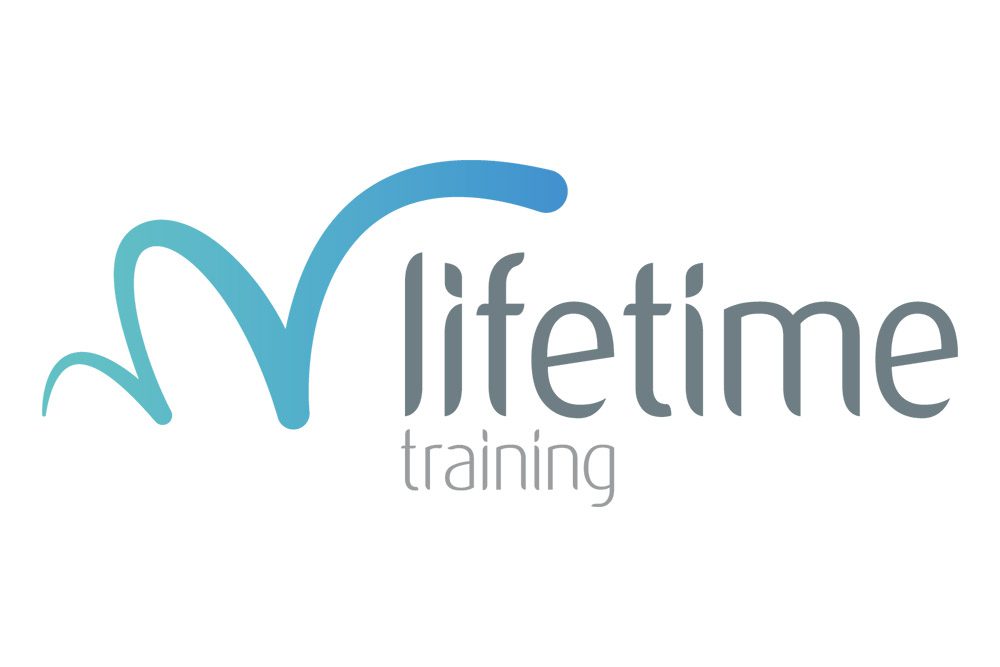
IT Analyst Apprentice
QA Apprenticeships
pstrongEmployer description:strongp pAt XMA, we strive to unlock our clients potential by delivering innovative solutions and services that meet their needs. Then, we go the eXtra mile. Because we believe in eXceptional.p pXMA supports your business every step of the way with our range of solutions and services, each one market-leading and fine-tuned to perfection. From seamlessly deployed hardware and bespoke software solutions, to shielding your assets with cutting-edge security, let our expertise steer your business. Were with you every step of the way, helping you elevate customer satisfaction, streamline operational efficiency, and fuel growth. With over 35 years in the business and best-in-class solutions, see where eXceptional takes you.p pstrongOverview:strongp pThe main purpose of this role is to deliver service desk functions as described by ITIL providing excellent support services for customers through ticket ownership, adhering to service level agreements.p pYou will rotate through a minimum of three service desks utilising different ITSMs which includes our Technical Desk and Device Management and have shadowing sessions on our L2L3 desks. Additionally, they will spend time with other ITIL service practices and departments within XMA.p pstrongResponsibilities:strongp ul liAct as XMAs first point of contact for all technical incidents and requests, logging and resolving issues via phone, email, or other channels in line with service level agreements.li liTake ownership of end-to-end ticket management, ensuring clear communication and working with the technical support teams to resolve issues.li liIdentify, log, and escalate major incidents, underlying problems, capacity issues, and security concerns as needed.li liDeliver high-quality customer service by following service management processes and policies. Respond promptly and professionally to calls, aiming for first-time resolution, and provide advice or basic training where required.li liSupport service operations by assisting with maintenance tasks, acting as a service representative for assigned areas, and helping to meet SLAs and performance targets.li ul pstrongDesirable skills:strongp ul liGood communication skills.li liBasic IT knowledge.li liComfortable using computers, email, and common software such as Microsoft Office.li liProblem-solving skills.li liOrganisation skills.li liAttention to detail.li liCustomer service awareness.li ul pstrongEntry requirements:strongp ul li3 GCSEs (or equivalent) at grades 4 (A-C) in any subjectli liGCSE Maths and English (or equivalents) at grades 3 (D or above)li liProspective apprentices must not hold an existing qualification at the same or higher level as this apprenticeship is in a similar subjectli ul pYou may also have a combination of qualifications and experience which demonstrate the minimum foundation needed for the programme. In this instance you could still be considered for the programme.p pIf you hold international equivalents of the above qualifications, at the time of your application you must be able to provide an official document that states how your international qualifications compare to the UK qualifications.p pstrongFor more information please visit the UK ENIC website. strongp pstrongWorking hours: strongp p9am 5pm.p pstrongBenefits: strongp ul liAfter 6 months the salary increases to 18,000 per annum 82 per month food allowance. On completion of theapprenticeship the salary will increase to 20,500.li liPrivate medical insurance for the employee, their partner and dependents.li liCash plan scheme, income protection and life insurance paid for by XMA.li liYuLife - a 247 virtual GP, a confidential Employee Assistance Programme and a wellbeing app - earn bonuses and discounts from UKs leading brands(including Amazon, Asos, and Tesco) in return for prioritising their health.li liAdditional benefits through Moorepay including motor insurance plus extensive discounts of over 6000 retailers.li li25 days holiday, rising each year based on length of service, rising to a maximum of 30 after 5 years service.li liExtra day off for your birthday.li liMy Gym Discounts access.li liElectric car scheme.li liOutstanding rewards for outstanding performance.li liCelebrations of success at all levels.li liFree all around the world lunch on the last Thursday of each month.li liFree fuel Fridays - 3 lucky people each week will win 100, 75 or 50 tax free into their bank account.li liFree sports and social club.li liEmployee of the Quarter - 1supst supplace 1,000, 2supnd supplace 500, 3suprdsupplace 300, and 4supthsup place 150 all tax free. Employee of the Year receives 5,000 tax free.li ul pstrongFuture prospects: strongp pPotential opportunity to gain full time role.p pstrongAbout QA:strongp pOur apprenticeships are the perfect way to gain new skills, earn while you learn, and launch yourself into an exciting future. With over 50,000 successful apprenticeship graduates, we’re a top 50 training provider, dedicated to helping you succeed.p pstrongInterested? Apply now!strongp
category
IT quality and testing professionals
currency_pound
7.69 per hour
calendar_todayDate Posted: 07 Jul
event_availableClose Date: 04 Aug
school Advanced Level 3 Apprenticeship

























.png.thumb.jpg)





